 Vitae is an organisation set up to promote career development in both postgraduate researchers and academic staff. Their Researcher Development Framework is intended to help people monitor their skills and plan their personal development. At BU we will be using this framework to format the training on offer for the postgraduate research students and academic staff.
Vitae is an organisation set up to promote career development in both postgraduate researchers and academic staff. Their Researcher Development Framework is intended to help people monitor their skills and plan their personal development. At BU we will be using this framework to format the training on offer for the postgraduate research students and academic staff.
The Vitae website is an excellent resource and the organisation regularly runs free training events for researchers, PGRs and those involved in research development. Upcoming events include Vitae Connections: Supporting Open Researchers.
The Researcher Development Framework (RDF) is the professional development framework to realise the potential of researchers. The RDF is a tool for planning, promoting and supporting the personal, professional and career development of researchers in higher education. It was designed following interviews with many successful researchers across the sector and articulates the knowledge, behaviours and attributes of a successful researcher.
There is a planner available on the Vitae website to help you assess which stage you are at with your skills and a tutorial providing guidance on how to use the framework.
Top 10 tips from researchers on using the Researcher Development Framework (RDF):
1. You might choose to use the RDF for short term as well as long term development. The RDF can be used in planning for your long term career ambitions but also to make a feasible short term plan. It can be useful to imagine your long term ambitions in order to focus your career path however the reality of progressing through to the higher phases may be more difficult to plan. In the short term, making decisions about how to progress to the next phase or what sub-domains are most important for you will be easier. Try to be realistic when setting these short term goals.
2. Use the RDF to highlight your strengths and areas for development and how these might be used to benefit/influence your personal, professional and career development.
3. Use the RDF to highlight your applicable and transferable skills. This is important for career progression within or outside academia.
4. Prioritise those areas which are most relevant. You don’t have to try to develop in all the areas of the RDF at once. There may be some sub-domains/descriptors where there is less relevance in progressing through the phases for you.
5. Draw on experiences outside of work to evidence your capabilities.
6. Progression to the highest phase in a descriptor will not be applicable to everyone but being aware of the possibilities can aid personal and career development.
7. Talk to others to get their views about your strengths and capabilities. Your supervisor, manager, peers, family and friends are a great source of information to find out more about yourself. Talk to them about how they perceive your capabilities. By understanding how others view you, you will be able to make more informed choices about your future.
8. To move from one phase to the next why not explore attending courses. These courses may be run at a local level (within your University) or may only be run nationally or internationally so awareness of opportunities for training is important. Vitae also run a wide range of courses which address many aspects of personal and career development.
9. Some phases may only be reached through experience and practice however good self-awareness and professional development planning will aid the process.
10. Networking is likely to enable you to reach more experienced phases.


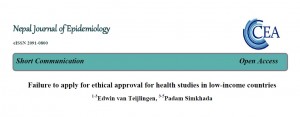

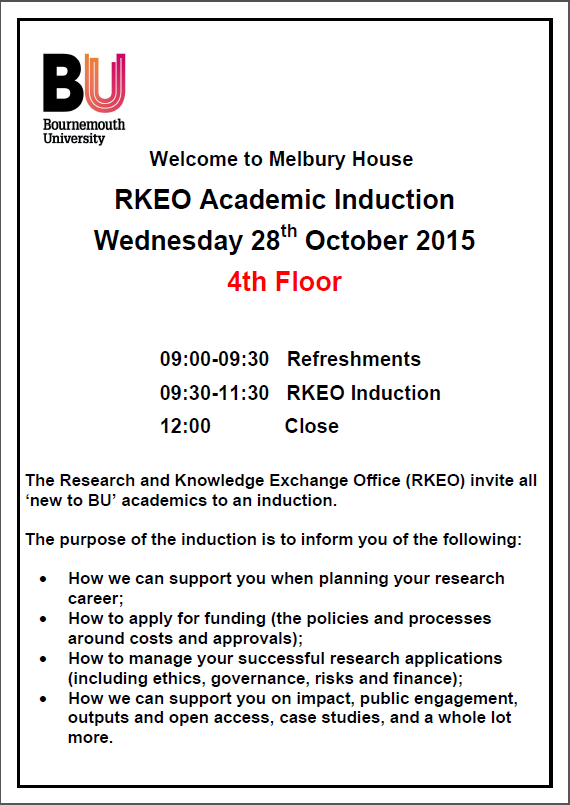

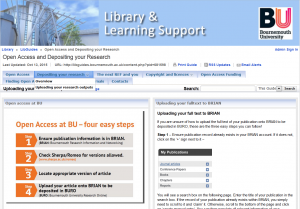
 Then we want to hear from you! 🙂
Then we want to hear from you! 🙂 ong committee; d) resource constraints; and e) assumption that non-clinical research are exempted, which are of course overlap and interact each other, for not applying ethical approval in low income countries. They have also provided examples of ethical approval taken from other countries than the host countries and further go on to stress that junior researchers and students should be encouraged to be familiar with research ethical approval. In their paper, they encourage journal editors and peer reviewers to ensure ethical approval bein
ong committee; d) resource constraints; and e) assumption that non-clinical research are exempted, which are of course overlap and interact each other, for not applying ethical approval in low income countries. They have also provided examples of ethical approval taken from other countries than the host countries and further go on to stress that junior researchers and students should be encouraged to be familiar with research ethical approval. In their paper, they encourage journal editors and peer reviewers to ensure ethical approval bein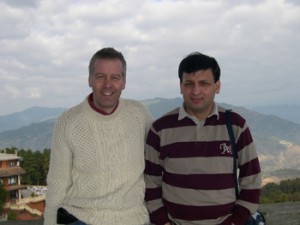 g granted for manuscripts based on empirical studies. This paper was co-authored by BU visiting faculty Professor Padam Simkhada and recently published in Nepal Journal of Epidemiology. The paper is freely available through the journal’s website
g granted for manuscripts based on empirical studies. This paper was co-authored by BU visiting faculty Professor Padam Simkhada and recently published in Nepal Journal of Epidemiology. The paper is freely available through the journal’s website 
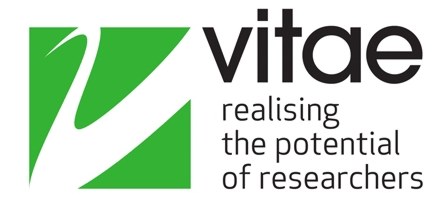


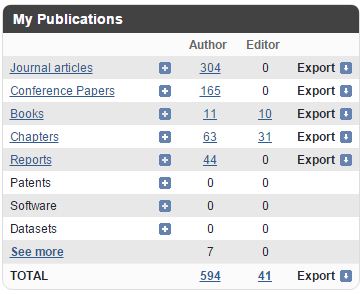
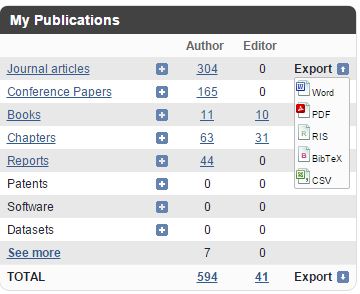
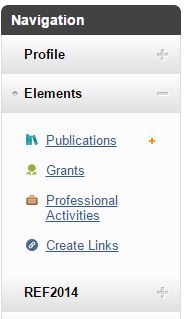

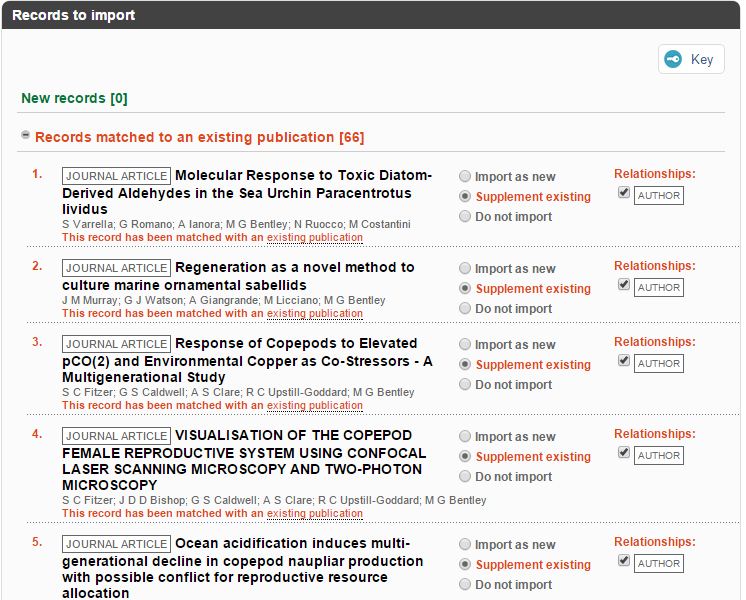
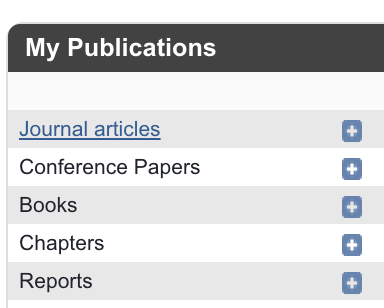

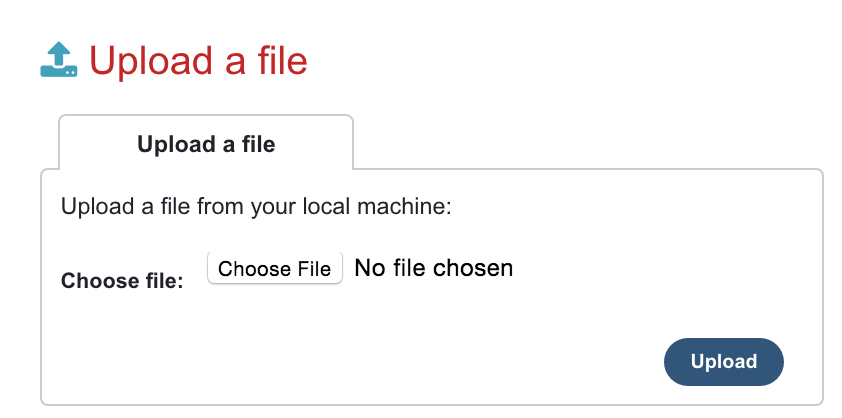


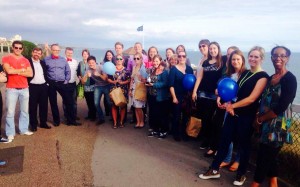











 New CMWH paper on maternity care
New CMWH paper on maternity care From Sustainable Research to Sustainable Research Lives: Reflections from the SPROUT Network Event
From Sustainable Research to Sustainable Research Lives: Reflections from the SPROUT Network Event REF Code of Practice consultation is open!
REF Code of Practice consultation is open! ECR Funding Open Call: Research Culture & Community Grant – Apply now
ECR Funding Open Call: Research Culture & Community Grant – Apply now ECR Funding Open Call: Research Culture & Community Grant – Application Deadline Friday 12 December
ECR Funding Open Call: Research Culture & Community Grant – Application Deadline Friday 12 December MSCA Postdoctoral Fellowships 2025 Call
MSCA Postdoctoral Fellowships 2025 Call ERC Advanced Grant 2025 Webinar
ERC Advanced Grant 2025 Webinar Update on UKRO services
Update on UKRO services European research project exploring use of ‘virtual twins’ to better manage metabolic associated fatty liver disease
European research project exploring use of ‘virtual twins’ to better manage metabolic associated fatty liver disease